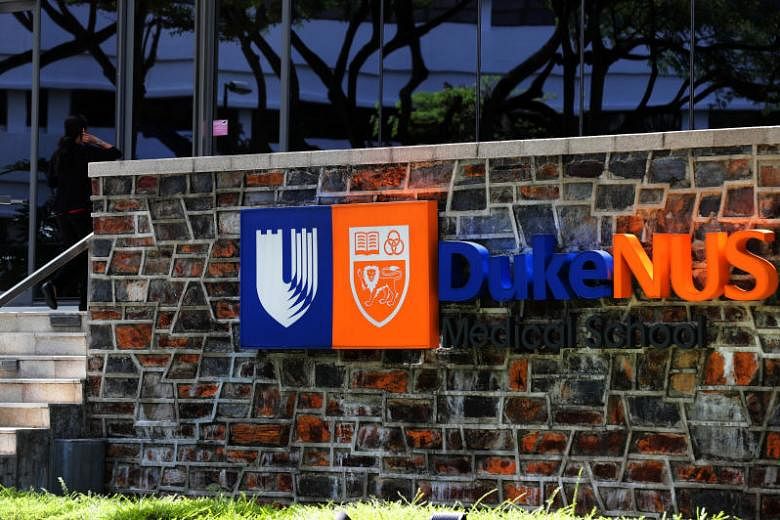For people who have damaged heart muscle, recovery is usually very limited.
Researchers from Duke-NUS Medical School and their foreign counterparts are working on giving such patients more treatment options.
And the first stage of their research on regenerating heart muscle using stem cells has shown encouraging results, according to a study published in the journal Cell Reports on March 19.
The Duke-NUS Medical School researchers first combined a protein associated with the heart muscle - called laminin-221 - with human embryonic stem cells.
This combination produced cells which, when injected into damaged hearts of mice, developed into heart muscle, said lead researcher Karl Tryggvason from Duke-NUS.
The heart muscle was able to increase heart function from 60 per cent to 80 per cent, and this lasted for the study duration of 12 weeks, said Dr Lynn Yap, a senior research fellow at the school's cardiovascular and metabolic disorders programme.
Scientists have been studying techniques to change different kinds of stem cells into heart cells, which could then help to rebuild heart muscle fibres, but their approaches have not yet met the regulations for regenerative therapies set forth by the United States Food and Drug Administration as well as the European Medicines Agency.
The ongoing study, which began in 2013, also involved researchers from Britain, Sweden and the Netherlands.
Researchers will start testing the heart-muscle regeneration technique on pigs within the next two months, said Professor Tryggvason, who is a Tanoto Foundation Professor in Diabetes Research.
Pig hearts are more similar to human ones, unlike hearts taken from mice which beat at a much faster pace.
Prof Tryggvason estimates that if the results continue to be successful, the method could be tested on humans in five to 10 years.
"When it comes to the heart, we are very hopeful that our results can be lasting," he said.


